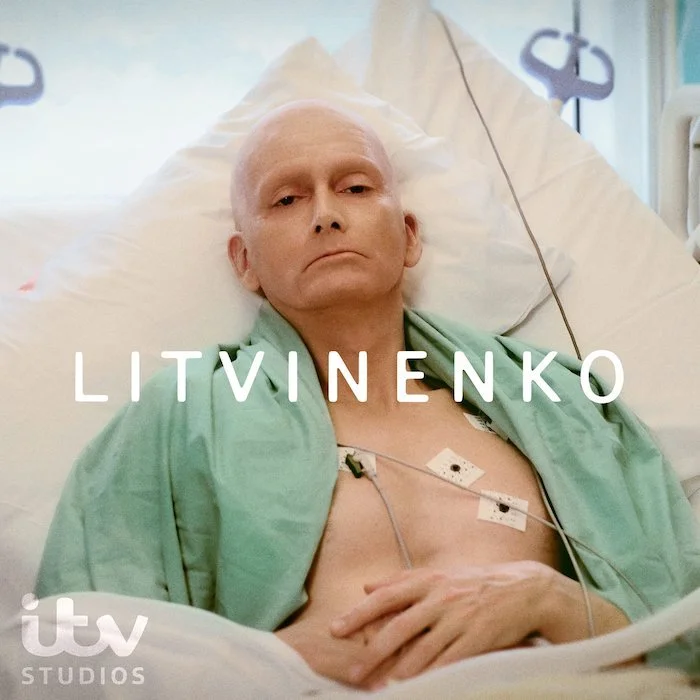Litvinenko (Original Soundtrack from the ITV Drama)
The poisoning of Alexander “Sasha” Litvinenko shocked the world in 2006. A former Russian security officer who had defected to the UK in 2000, Litvinenko was one of Putin’s fiercest critics. The fact that Litvinenko survived long enough to testify to his own murder (from a deadly isotype: pollonium-210) by agents of the Russian state, brought home the ruthless reality of the Russian regime.
For the launch of ITVX, the new streaming service will premier Litvinenko (starring David Tennant, Mark Bonnar, Margarita Levieva & Neil Maskell) on December 15th. The drama was written by George Kay (Lupin, Criminal), directed by Jim Field Smith. This was Gabriel Prokofiev’s first UK TV drama score, and he was invited to compose the music cues prior to filming, so that editing could be done to his score, rather than the usual ‘temp’ music.
Prokofiev, whose own family were targeted by the KGB under Stalin, his grandmother Lina having been imprisoned for eight years in a gulag between 1948-54; is well-placed to respond to the horror of the Litvinenko story. Prokofiev was particularly moved by the tribulations of Marina Litvinenko, Alexander’s widow, and had already been considering composing a work based on her struggles just weeks before being approached by director Jim Field Smith. Marina has fought tirelessly to expose the truth of her husband’s assassination; just as in his life her husband sought to tell the world of Putin’s ties to domestic and international terrorism.
Prokofiev’s soundtrack has a Russian, and at times, Soviet feel. Working with Maxim Rysanov (the Ukrainian violist for whom Prokofiev composed his first viola concerto) and violinist Max Baillie, Prokofiev has created a series of humane and emotional scenes that underpin the tragic fate of Litvinenko with a sense of compassion. Minimalist without becoming ineffable, moving without indulging in sentimentality, Prokofiev travels sonically from London to Moscow with assurance.
While the strings perform a subtle homage to Shostakovich and other Russian composers, Prokofiev also draws upon the sound of the Soviet-era 1940s ANS Synthesiser, having seen the original model in the Glinka Museum in Moscow, and discovering that a Russian synth- enthusiast had made a computer emulator. Here (on Hunter Stalker for example) the sound becomes altogether more sweeping and glassy, more menacing, capturing the sense of suspicion, paranoia and intimidation that attend this terrible and almost unbelievably story. Prokofiev also combines the ANS with the bass throb of the Moffenzeef Modular ‘Stargazer’ drone machine, which creates an eerie, unnerving sense of dark radioactivity. Featuring finessed versions of the tracks that accompany the ITV series, this release also includes two unheard recordings (What Could’ve Been featuring Max Baillie and A New Life), as well as many of the full cues used in Litvinenko.
